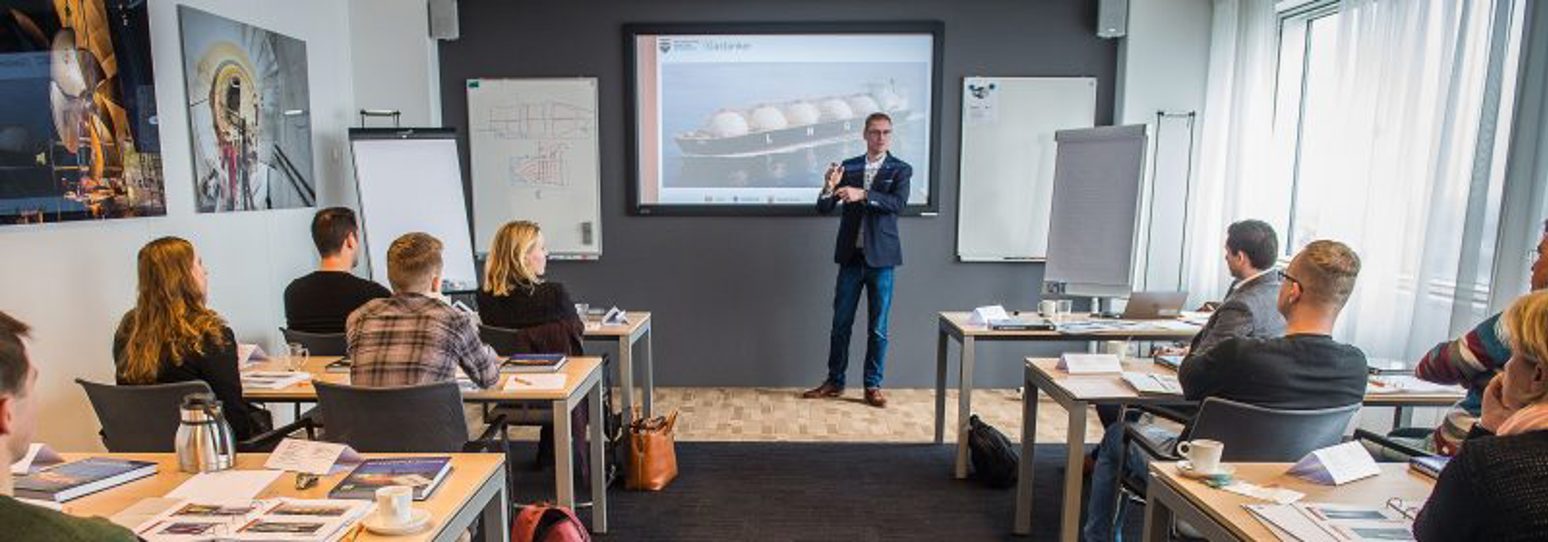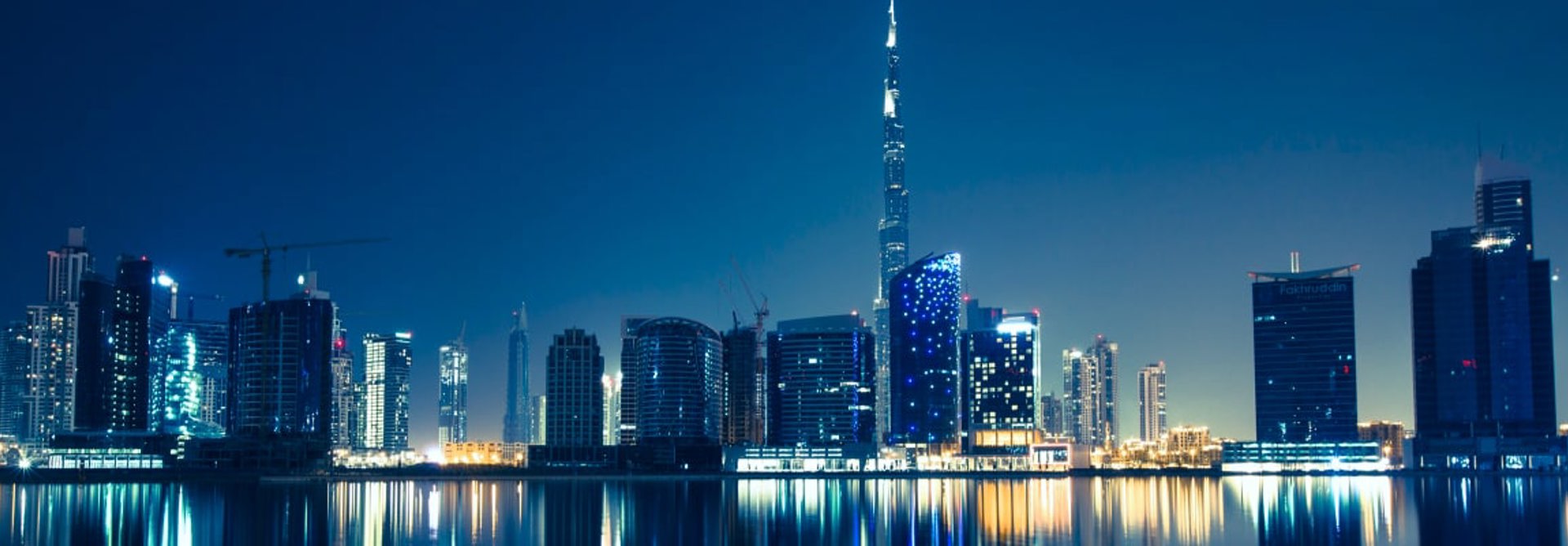Agenda
Bekijk hier de kalender met alle komende evenementen, beurzen en trainingen.
Zoek en filter

Webinar: Kansen in het Verenigd Koninkrijk
In juni gaan we voor het eerst deelnemen aan de maritieme beurs van het Verenigd Koninkrijk. NMT organiseert hier een collectieve beursdeelname met een MKB-lounge. Het NBSO in Manchester heeft een marktrapport geschreven over de kansen in de maritieme sector in het Verenigd Koninkrijk. Om dit rapport beter uit te lichten en meer licht te schijnen op de kansen in het Verenigd Koninkrijk voor leden van NMT, organiseren we in samenwerking met het NBSO een webinar.
[VOL] Handelsmissie Jachtbouw – Italië
In de week van 13 – 16 mei 2024 organiseert NMT een handelsmissie naar Italië gericht op de jachtbouw. In 3 a 4 dagen tijd ontmoet je de belangrijkste spelers in de Jachtbouwindustrie van Italië. Een unieke kans om je netwerk te vergroten! Ga jij met ons mee?
Netwerkbijeenkomst bij Krohne in Dordrecht.
Schrijf je nu in! 16 mei vindt de Netwerkbijeenkomst plaats bij Krohne in Dordrecht. We hebben een mooi programma samengesteld, de sprekers lichten we binnenkort verder uit. Zet deze datum alvast in je agenda, want deze editie is zeker de moeite waard!
Navalia 2024
Dé maritieme scheepsbouwbeurs van Spanje waar de gehele Spaanse industrie samenkomt. De afgelopen 2 edities organiseerde NMT een succesvolle handelsmissie rondom deze beurs. Op veler verzoek komt er nu een NL Paviljoen. Ga jij met ons mee om jouw bedrijf en de Nederlandse maritieme maakindustrie te vertegenwoordigen?
Welkomstbijeenkomst Nieuwe leden voorjaar
Ben jij in het afgelopen half jaar lid geworden van NMT? Kom dan kennismaken met andere nieuwe leden en NMT tijdens de Welkomstbijeenkomst op 21 mei!
Training Marine Propulsion: Propulsion system integration: Matching machinery and propeller (module 3)
Aan het einde van deze training ben je in staat om de kennis over verschillende componenten van aandrijfsystemen te integreren. Je kunt een voortstuwingssysteem evalueren op systeemniveau en kun je een geschikt voorontwerp te maken van een aandrijfsysteem. De training wordt in het Engels gegeven door assistent professor Peter de Vos, directeur Studies Marine Technology van de TU Delft.
Training Internationaal contracteren, Algemene Voorwaarden en contractmanagement
Steeds vaker worden projectmanagers betrokken bij het opstellen van contracten met onderaannemers. In deze training komen alle facetten aanbod waar jij als projectmanager in de praktijk mee te maken krijgt. Denk bijvoorbeeld aan algemeen contractrecht, contractteksten en de manier waarop met contracten wordt omgegaan.
Training Maritieme projectbeheersing
In maritieme projecten waar veel disciplines samenkomen is het een hele uitdaging om je project te beheersen. Door projectbeheersing op een goede manier toe te passen, vergroot je de kans op succes. Deze training kan eventueel goed als aanvulling of verdieping op de NMT-training Maritiem Projectmanagement worden gevolgd. De training wordt verzorgd in samenwerking met bureau Critical Minds.
[VOL] Posidonia 2024
"Powering ahead" is het thema voor Posidonia 2024 die van 3 – 7 juni 2024 plaatsvindt in Athene. Het evenement in 2022 verwelkomde meer dan 28.000 bezoekers uit 103 landen, die graag zaken wilden doen met 1.964 exposanten in de bruisende beurshallen. Ook in 2024 is NMT er weer bij met een NL paviljoen. Wil jij zakendoen met de Griekse scheepseigenaren? Posidonia is dé beurs om met hen in contact te komen.

